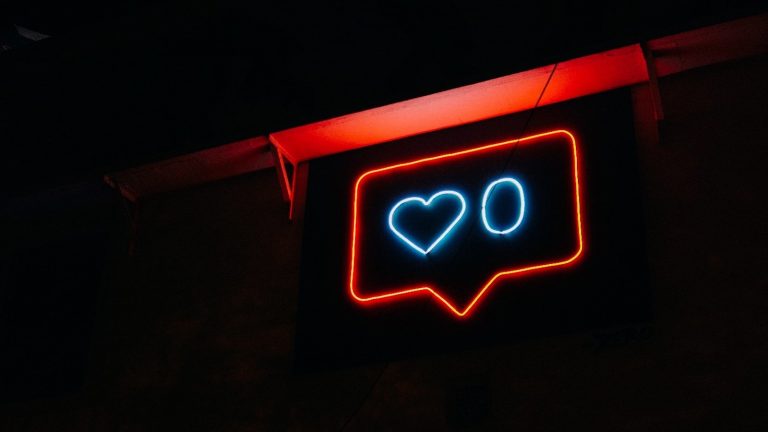America seems to be going through a period of angst at the moment. Much like a teenager who once idolized their father now only to question every decision that he makes, many in America seem to be rejecting anyone and everyone who doesn’t fit into their idealistic image of what a role model should look like. This attitude has fed the cancelation of anyone who steps out of the line of permissible thought, whether they be alive today or figures in history.
Ironically enough, it has also fueled the renaissance of superhero films that we currently experience. As real life heroes are increasingly canceled, Americans yearn for symbols of hope and inspiration that they can also relate to. Avengers: Endgame didn’t become the highest earning film in history in 2019 simply because of its spectacle and action, although it has more than enough of both. It achieved this massive feat because the audience connects with the characters, filling them with hope in a time when our real life leaders are devoid of it.
This is far from the only time in our history this has happened. Indeed, superheroes first came about in the 1930s and 40s when America’s future was dim. Characters like Superman and Captain America gave people the hope and motivation to get through their day when there was so little of it in the real world. Likewise, when faith in public institutions reached a new low in the 1970s due to the Vietnam War and the Watergate scandal, Star Wars took the world by storm. Certainly, there was an element of escapism to it, but people could also look to a pure character like Luke Skywalker and be inspired in a time when optimism was rare.
However, the growing presence of cancel culture tells us that there is another side to this coin.
Americans today seem to not just be looking for hopeful heroes, but perfect heroes. Heroes that align perfectly with a certain worldview and character, incapable of making mistakes or possessing any alternate opinion. Everyone is being held to such a standard that nobody other than a fictional character can meet it. In fact, it is evident that Americans today aren’t looking for heroes at all—they are looking for idols.
In the Old Testament, God makes a commandment against idolatry of any kind. Not doing so for simply his own sake, but also because when a man or object is deified, they are put up against a standard they could not possibly hope to live up to. One does not need to be a person of faith to understand how the failure to live up to that standard can illicit contempt and a break in trust between individuals.
It is not simply one political faction in America that is guilty of this. Conservatives and many libertarians (myself included) have long elevated the Founding Fathers to an almost mythical status. It is easy to get lost in their speeches warning against the perils of big government or their revolutionary actions during the War for Independence. Their foresight about the dangers of providing the state with certain powers outside of any constitutional limitations seem almost prophetic to our modern day. In doing so, it is easy to gloss over or understate any mistakes they may have made (and there were many).
As many on the right participate in the deification of our founders, the left has been quick to look to their faults and cry hypocrisy, for good reason. The Founding Fathers were not gods, or angels, but flawed people, much like anyone else in history. It is only natural to demand an answer as to how so many people who preach about limited government and individual liberty can simultaneously own slaves. When examining them any deeper than surface level, they fail to measure up to the impossible standard they’ve been elevated to over the years.
It is healthy to honestly examine anyone we admire. To blindly follow someone without acknowledging their flaws will always be detrimental to any individual, group, or movement.
Within the liberty movement, it is important we hold our own accountable and not elevate those who do not properly represent the values we cherish. But this doesn’t mean we shouldn’t have heroes to look up to.
Whereas an idol is represented by the perception of someone or something void of faults and failures, a hero is riddled with them. What makes someone a hero isn’t their inability to falter. Rather, it is their ability to keep moving forward on what is right, regardless of how many times they mess up. The founders were not heroes to liberty because they perfectly embodied those values, but because they were trying to make a society that did. Yes, many of them owned slaves, but many of those same individuals fought to end slavery altogether. Their attempt and ability to overcome their own humanity is what made them so extraordinary.
Likewise, while God commanded us not to idolize in the Bible, heroes can be found scattered throughout it. Nearly all of the heroes in both the Old and New Testament are deeply flawed people. It is precisely because of their flawed nature that their stories have stood the test of time. Everyone has the ability to do both terrible and incredible deeds. The ability to overcome temptation and adversity is worthy of our adoration and praise.
Today’s cancel culture seems unable to separate faults from malice and failure from ill intent. Heroes are important, they inspire us and give us a standard to strive for. The only way we can truly determine who our heroes should be is not through idolatry, but by embracing their humanity, faults and all.














[…] by Caleb Franz […]